
Intellectual property (IP) refers to creations of the mind, such as inventions, original works of authorship, designs, and symbols, and so on. IP rights are legal rights granted to the creators of these works, allowing them to control their use, distribution, and reproduction. Intellectual Property (IP) rights constitute a vital component of today’s knowledge-based economy especially in the research, development and innovation, (R, D&I) industry.
R, D &I, are interconnected concepts that drive progress and growth. Research involves the systematic investigation of existing knowledge to discover and explore new dynamics. Development involves building and improving upon research by transforming ideas into products and creating functional prototypes. Innovation takes research and development further by transitioning, implementing and scaling the prototypes and solutions into practical products, or processes that create value. The output of these three concepts are regarded as proprietary assets because they represent valuable investments of time, resources, and expertise.
The IP rights generated through protecting the output of research, innovation, and development, such as patents, copyrights, industrial designs, trademarks, and trade secrets, provides a competitive advantage and bestows exclusive legal rights to the creators and innovators to exercise exclusive control over their intellectual creations and to benefit exclusively from all commercial value derived or derivable from such proprietary works.
By safeguarding this proprietary asset, IP rights promote the birthing of new ideas and technologies, ensuring that inventors and creators can optimize commercial benefits derivable from their works and to safeguard same against unauthorized, illegal and unfair use and exploitation.
The importance of Research and Development (R&D) in driving innovation is evident in the significant investments made globally. In 2019, global R&D expenditure totaled circa US$2.4 trillion, with East-Southeast and South Asia accounting for 39%, followed by North America (29%), and Europe (22%). This trend is expected to continue, with R&D World’s editors forecasting a global investment of $2.53 trillion in R&D by 2024, representing a significant increase over the previous years.
In Nigeria, the federal government continues to emphasize the importance of R&D in driving development. In March 2024, President Bola Ahmed Tinubu announced that his administration would dedicate 0.5% of the country’s Gross Domestic Product (GDP) to R&D. This is expected to jump start innovation and home-grown solution to imminent developmental and economic challenges plaguing the nation.
IP plays a crucial role in making R&D expenditure viable and worthwhile for innovators. IP ensures that inventors and creators can recover their investments and generate returns on their creative efforts, motivating them to continue innovating. However, in many cases, they underestimate the enormous commercial value inherent in the proprietary IP rights derivable across the different stages of innovation (from conception to research to ideation, development and final production stages where the result of their R&D converges into a tangible product or service capable of solving real everyday problems). Many innovators do not fully identify, understand, protect, and leverage all the streams of IP rights emanating from their R&D efforts thereby limiting their exploitation and commercialization potentials. Therefore, strategic IP management is crucial, as it creates an avenue for identifying, protecting, and harnessing these IP assets to drive R&D, innovation, and business success.
“IP plays a crucial role in promoting research, development and innovation, by encouraging creativity, investment, and collaboration.”
By recognizing the importance of IP and implementing strategic IP management, corporations, sovereigns and sub sovereigns can harness the full potential of innovation, gain competitive advantage, increase revenue, and make better decisions, ultimately driving social advancement and economic progress.
Significance of IP in Research
It is long established that research is the bedrock of innovation and IP rights are essential in promoting a thriving research environment. IP rights play a pivotal role in incentivizing researchers to create new knowledge pathways which usually precede new innovation and solutions to problems of everyday living and human existence across several industries and sectors including medicine, manufacturing, pharmaceuticals, food production, engineering, extractives, energy and climate, to mention a few.
Copyright plays a critical role in protecting research outputs when they are expressed in literary form by protecting the authorship of all original expression of documented research, including research papers, data compilations, and software. Copyrights foster a culture of knowledge sharing and collaboration by ensuring that researchers receive recognition and compensation for their intellectual contributions in documented form.
Patents, one of the most common intellectual property rights, grants exclusive right to an inventor to commercially exploit his work for a limited period, typically 20 years from the date of grant. This exclusivity encourages researchers to invest time and resources into developing new body of knowledge, new technologies, solutions or products without the fear of immediate imitation. Patents not only protect the functional aspects of inventions but also promote the disclosure of information; by requiring inventors to publicly disclose their innovations in exchange for exclusive rights. Patents facilitate the sharing of knowledge, expertise, and ideas which is essential for further scientific advancements.
In addition to patents, researchers can utilize industrial design IP in the exploratory and investigative phase of a project to safeguard their design-related research outputs, such as design concepts, prototypes, user interface (UI) and user experience (UX) designs, and design research and testing results. By doing so, researchers can prevent others from using or profiting from their design-related research findings without authorization, ensuring that their work remains confidential and secure.
The Impact of IP on Development
Development involves building upon research findings, testing, refining and implementing new ideas or solutions, embracing uncertainty and experimentation, working with others to develop working solutions, products, prototypes, models, or simulations, refining and improving new solutions based on feedback and learning.
The impact of IP on development is significant. IP rights, such as patents, trademarks, and copyrights, provide a framework for innovators to protect their creations and investments. This protection enables them to recover their investments put into the research and the development stage of their creative activity, generate revenue, and reinvest in further R&D, fostering a cycle of innovation. IP also facilitates collaboration and knowledge sharing, as companies and researchers can safely disclose their ideas and technologies without fear of misappropriation.
Moreover, IP rights can attract investment, talent, and partnerships, accelerating the development of new technologies and products, while promoting accountability, transparency, and trust in R&D collaborations, ultimately driving progress and economic growth.
The Significance of IP in Innovation
Research and development is the driving force behind innovation. Innovation is the process of transitioning research findings, developed prototypes, models, or simulations into practical applications. It involves creating and introducing new or improved products, services, processes, or business models that meet new or existing market needs. It is the introduction of change or novelty to existing solutions, products, or services, often through the application of new technologies, processes, or methods that were either developed or improved upon during the researching and development/testing stages. This can be in form of product innovation, process innovation, business model innovation, service innovation, social innovation, and sustainable innovation. At its core, innovation requires creativity, risk-taking, experimentation, collaboration, and iteration. It is also at this point that funding from investors or financial institutions becomes more accessible as the product or idea has reached a certain level of development and validation where the inventor is able to demonstrate a working prototype or a minimum viable product (MVP) that showcases the product’s potential.
IP is most crucial in this transition. IP rights like patents, incentivize innovators by providing them with a temporary monopoly on their creations, allowing them to commercially exploit their inventions, enables them to license their inventions, attract investment, and generate revenue. This financial return on investment encourages continuous innovation and the commercialization of new technologies.
The overarching Need for IP Registration
In general, intellectual property (IP) rights do not necessarily require registration to exist because many types of IP rights arise automatically upon creation or fixation of the work, invention, or innovation. However, for the purpose of establishing these rights, enjoying the first person benefits and gaining the ability to legally enforce IP rights, putting the public on notice becomes essential hence, registration becomes key.
The inherent rights attached to the creations of one’s mind in most situations can end up not being exercisable. For instance, patent rights are granted only after a patent application is filed and approved while for industrial designs, inherent rights may exist in some countries, but registration is typically required to secure protection.
While inherent rights may exist, registration often provides the benefits of:
- Legal recognition and evidence
Registration of IP provides official recognition of your IP rights and serves as proof of its creation and ownership.
Asides very popular IP which have been established in several jurisdictions, it is noteworthy that recognition is territorial and such evidence of ownership is only limited to the jurisdiction where the IP was registered. However, some international bodies like World Intellectual Property Organization (WIPO) allow for an extended scope of IP right protection and recognition to all its member states.
- Exclusive rights and enforcement powers
Registration grants the owner the exclusive rights to use, sell, or license your IP, and enables enforcement against infringement. This allows the owner to protect their innovations and prevent unauthorized use and profit from such innovation.
- Market Exclusivity, Public notice and deterrence
The evidence of registration of an IP serves as a notice to the public to refrain from unauthorized reproduction, modification, commercialization, or any other form of usage of the IP, except with express authorization or in cases of fair usage thereby allowing the owner to enjoy exclusive benefits of their IP.
- Commercialization Opportunities
Registered IP can be licensed, sold, or used as collateral, hence creating new revenue streams and business opportunities.
- International recognition and protection
Registration in one country can provide a basis for seeking protection and exploiting global IP protection in other jurisdictions where such IP assets are in use. Certain intergovernmental organizations such as African Regional Intellectual Property Organization (ARIPO) on the regional level and World Intellectual Property Organization (WIPO) on a broader level also create an avenue for further protection to its member states. This is especially essential in today’s interconnected world, where innovations can quickly go viral.
Conclusion
Intellectual Property is a cornerstone of modern-day research, innovation, and development. By providing legal protection and economic incentives, IP encourages the creation and dissemination of new ideas and technologies. Its role in fostering a thriving research environment, driving development, and promoting innovative solutions, cannot be overstated. Stakeholders are encouraged to prioritize IP awareness, and strategic management to drive progress and impact. As the global landscape continues to evolve, the significance of IP and it’s protection in shaping the future of science, technology, and society will remain paramount.
This article is available in French, click here to read
About DealHQ
We are a Pan-African transactional advisory firm dedicated to enabling businesses operate efficiently within Africa’s dynamic market. We provide stellar business solutions which help businesses navigate the unique challenges and opportunities in the African business landscape whilst enabling them to operate efficiently within their market sphere.
DealHQ’s IP Advisory practice offers a proactive approach to IP management, helping you optimize your portfolio, enhance brand’s value, drive innovation, stay ahead of competition and avoid legal disputes.
Should you wish to seek specialized IP advise on this or any related matter in any jurisdiction within Africa, please contact our Intellectual Property Advisory Team;
Email: IPsupport@dealhqpartners.com; info@dealhqpartners.com; clientservices@dealhqpartners.com


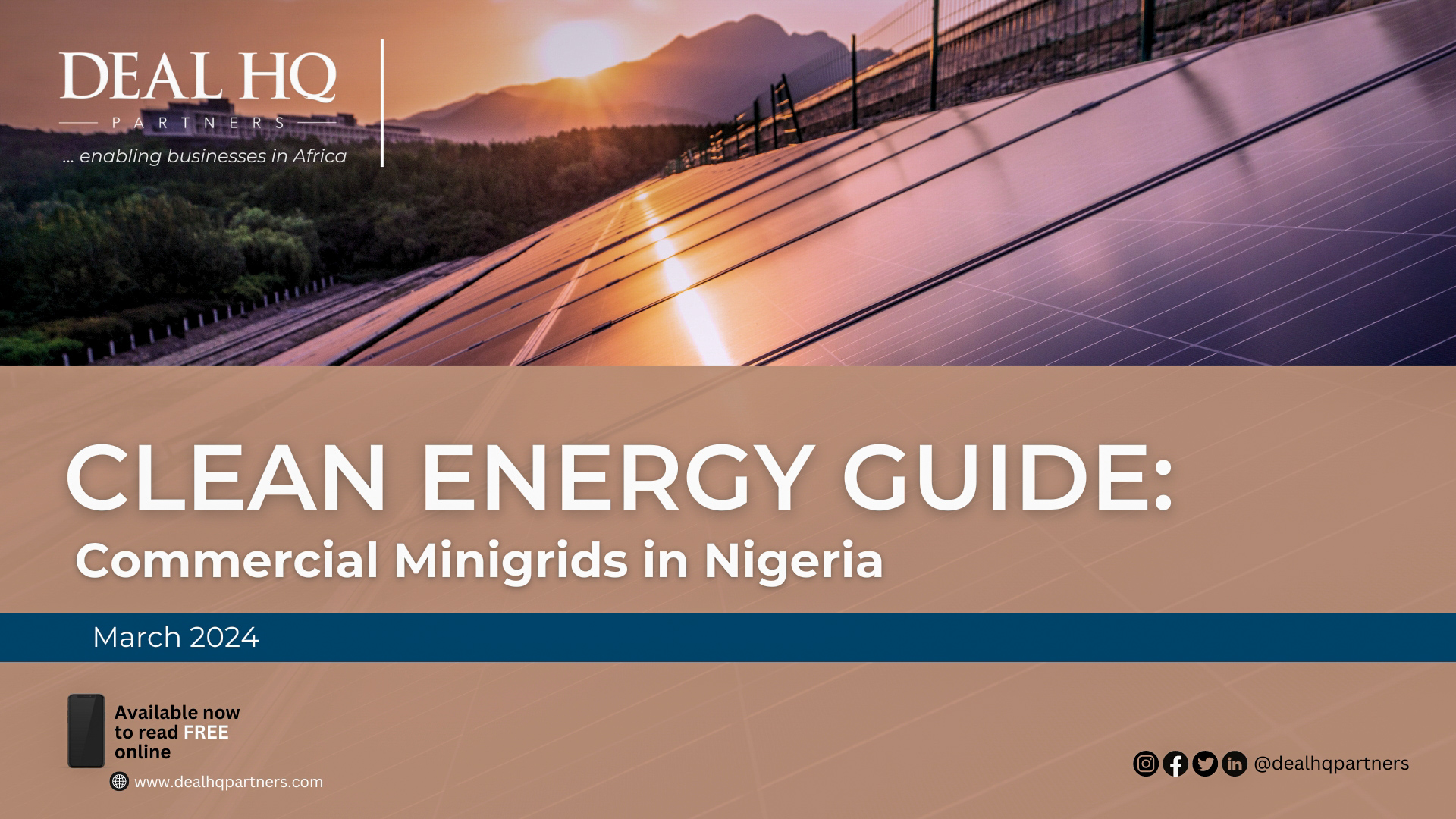
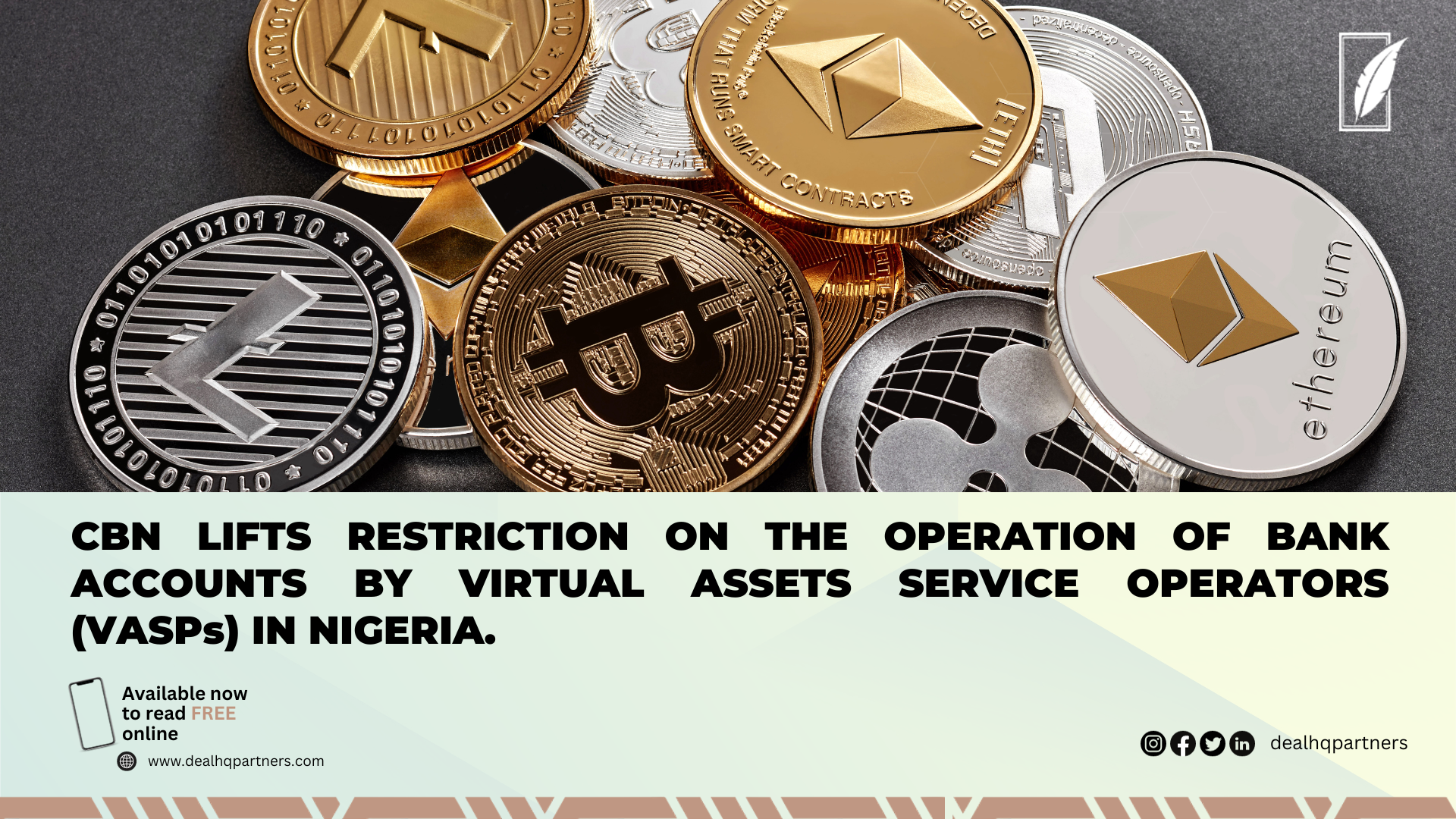
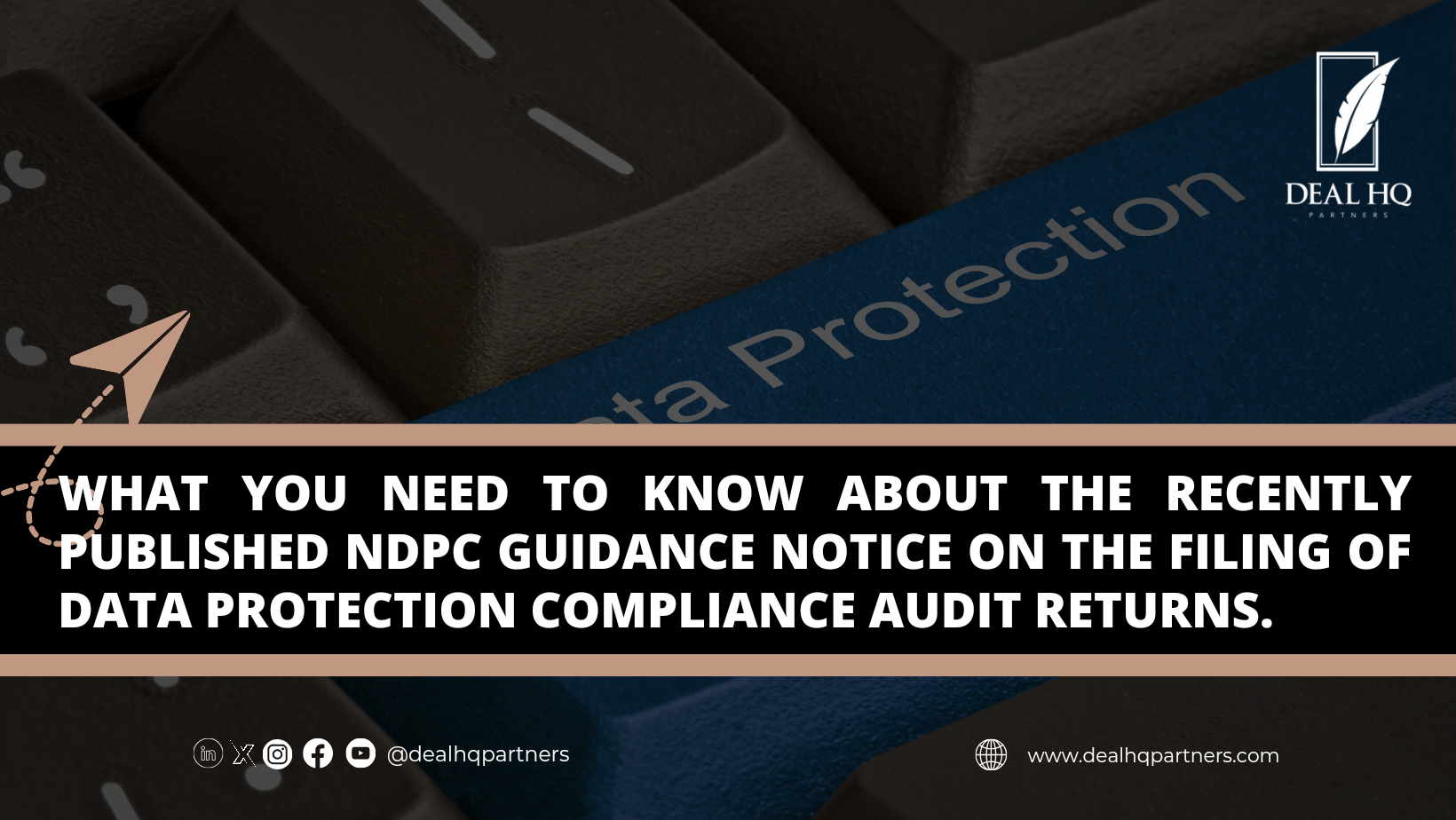
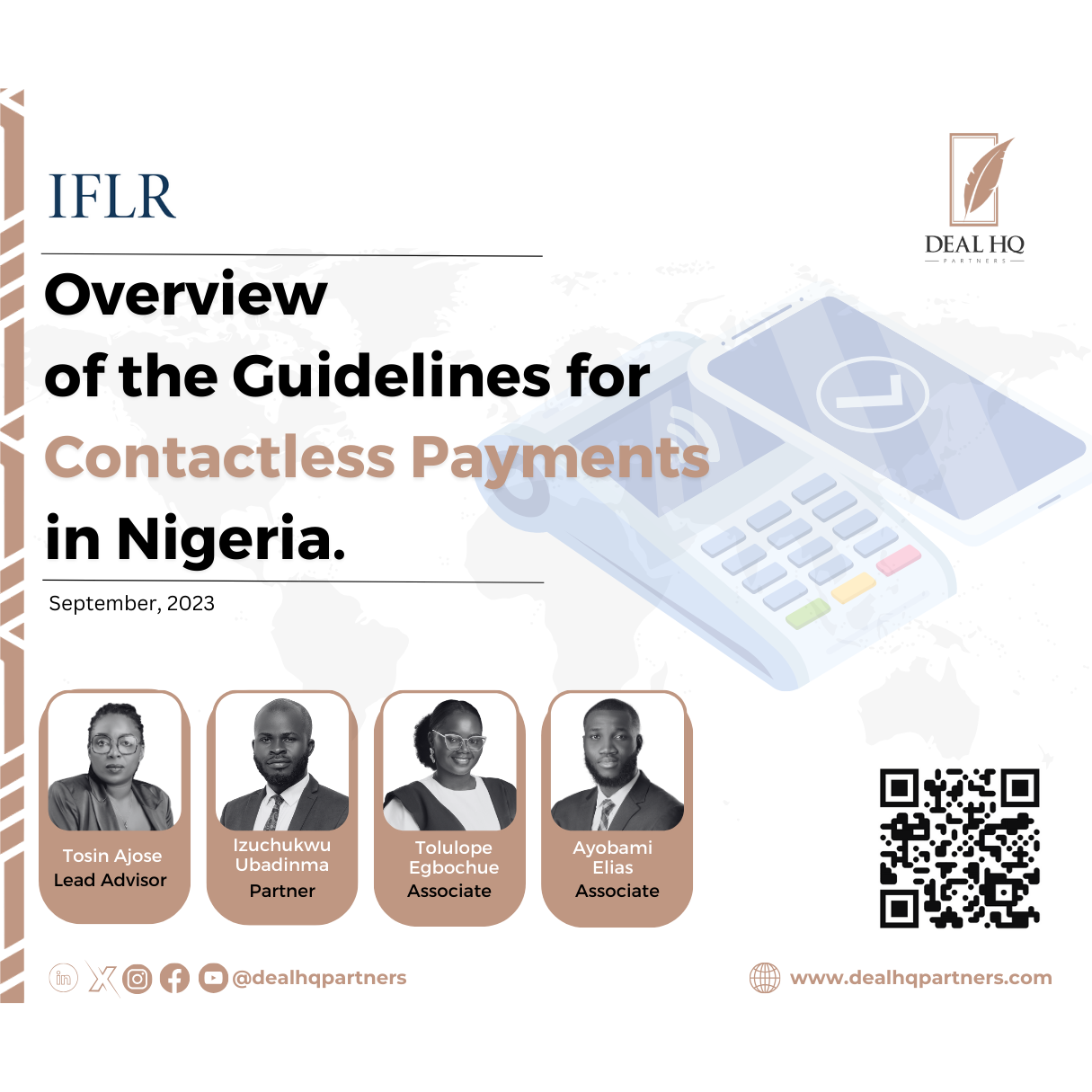
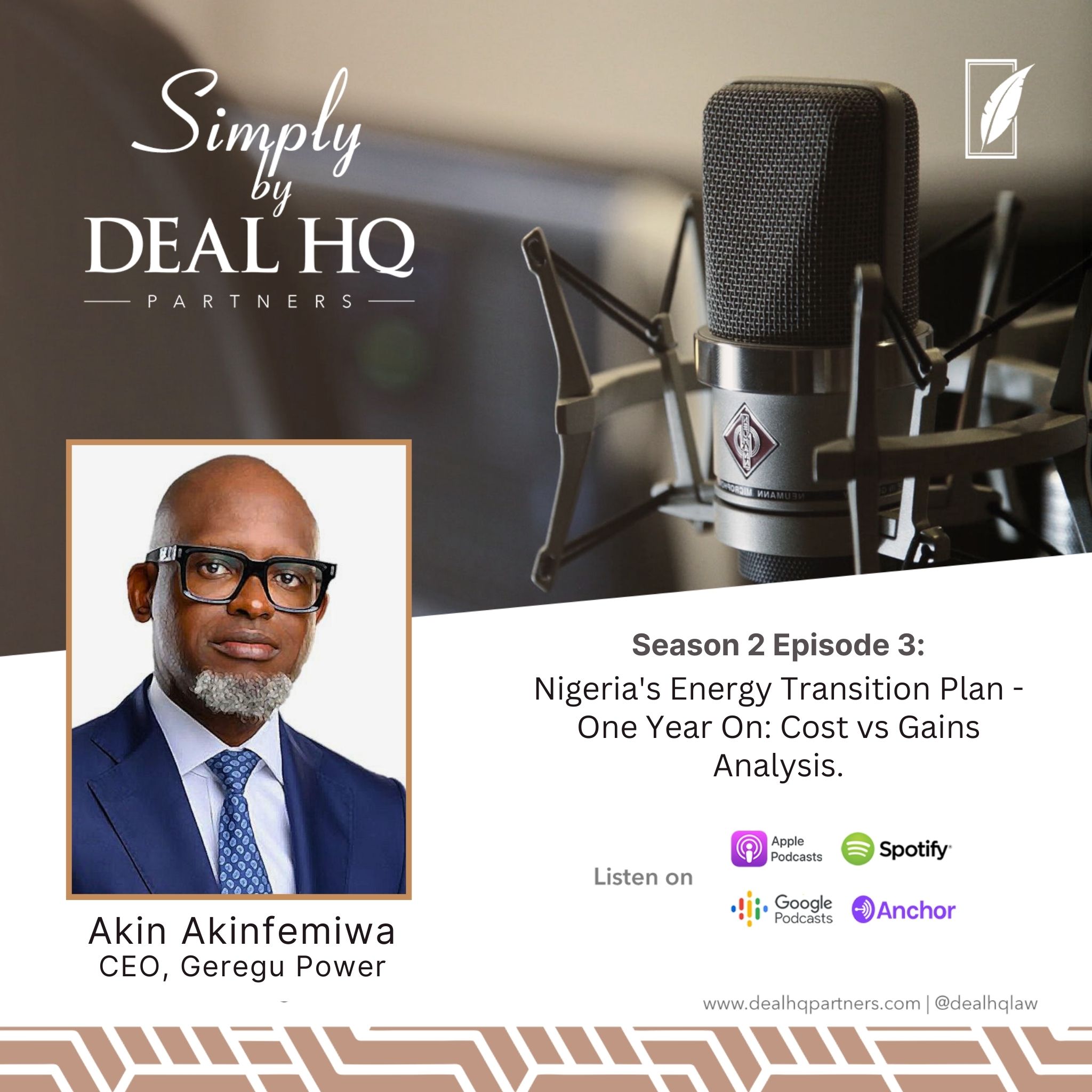
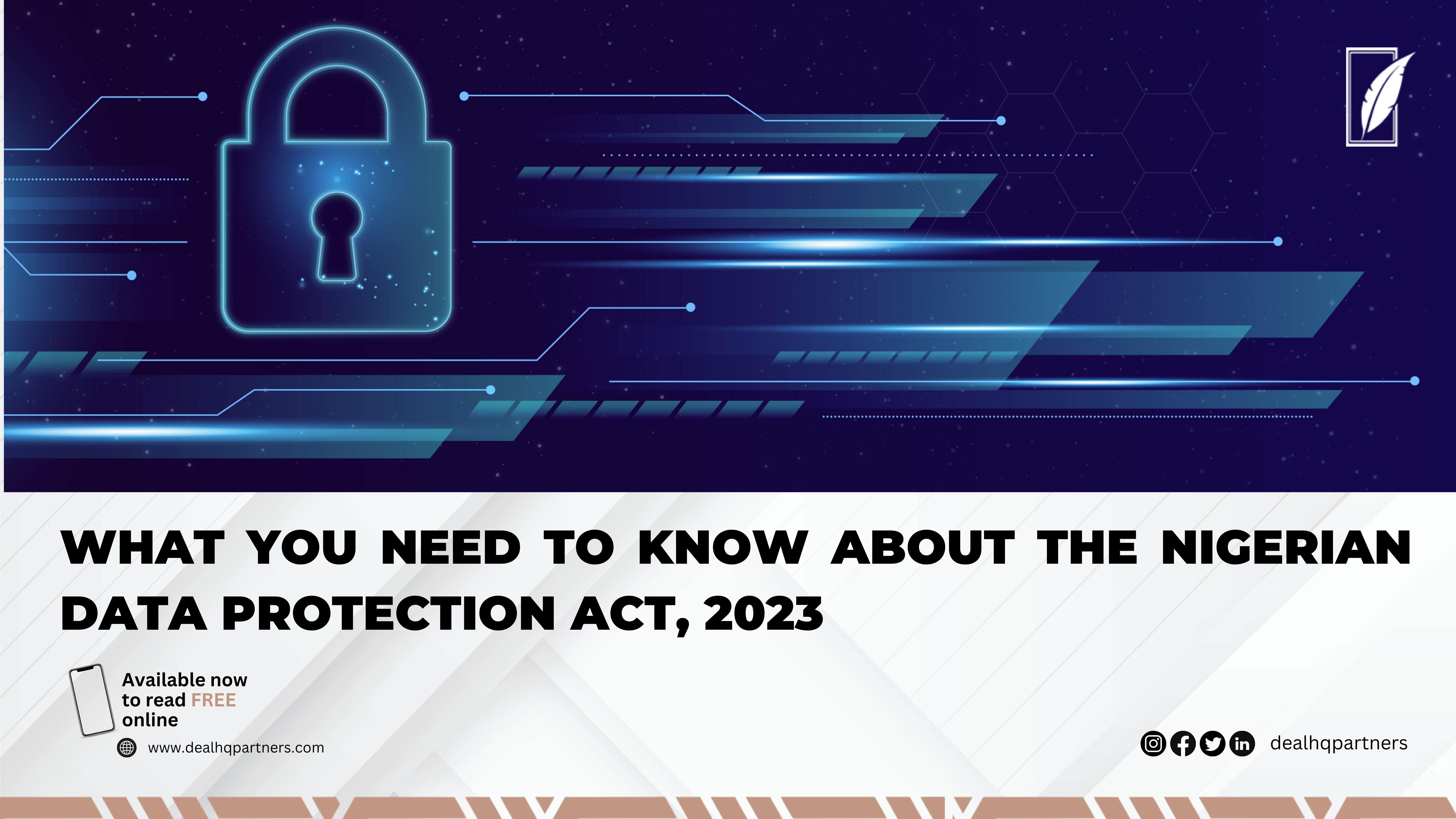

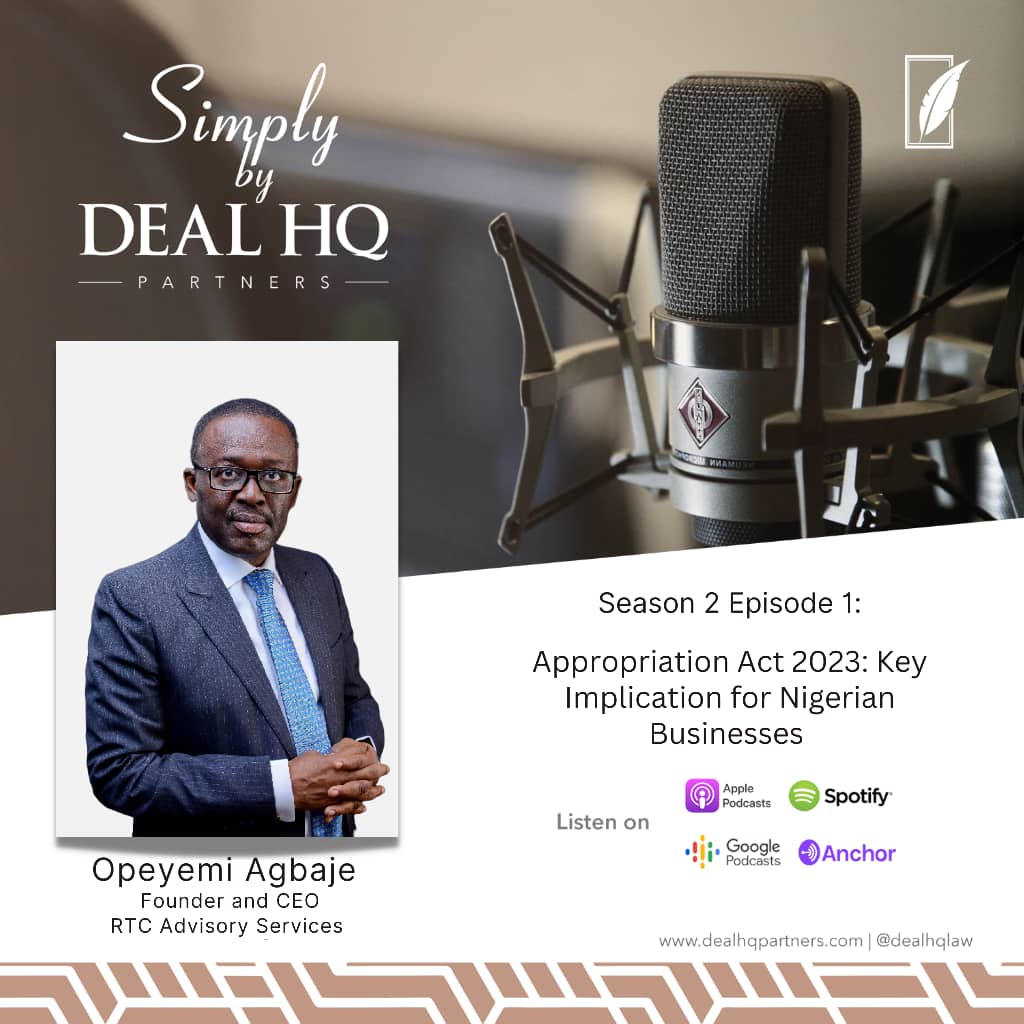
Recent Comments